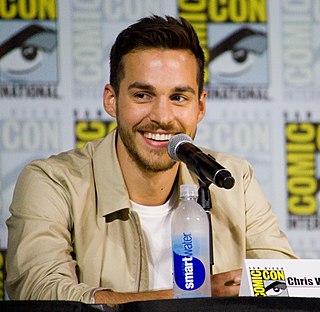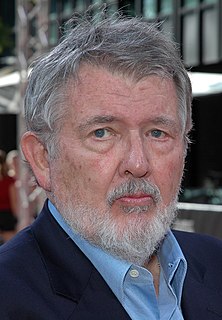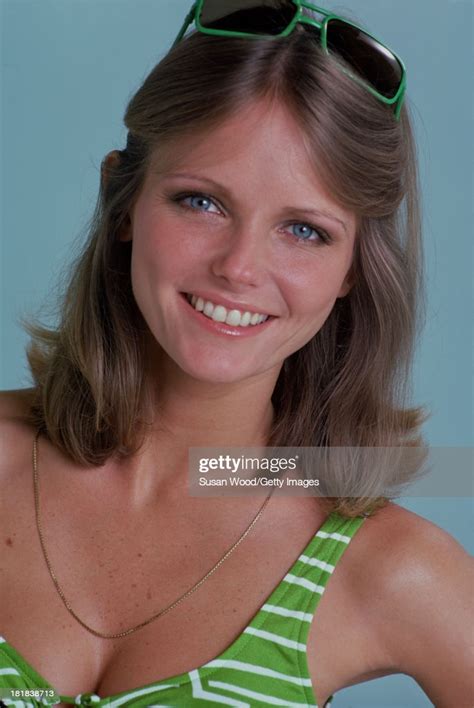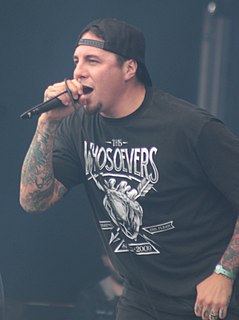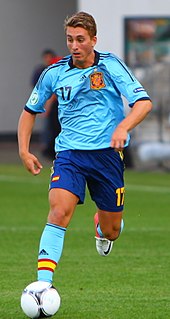A Quote by Geoffrey Rush
I would always slip away to the cinema. I always found something absolutely extraordinary about the fact that these actors were always kind of kicking hard at some new dimension they were doing on film.
Related Quotes
Your first film is always your best film, in a way. There's something about your first film that you never ever get back to, but you should always try. It's that slight sense of not knowing what you're doing, because the technical skills you learn - especially if you have a film that works, that has some kind of success - are beguiling. The temptation is to use them again, and they're not necessarily good storytelling techniques.
I always say that comedians and actors were all kind of shy when they were young. I was very, believe it or not, kind of embarrassed as a child. But my mother was a very strong lady and she was the one that kept it going when I thought it would be over for me as a performer. She was always my inspiration and she was a big influence on me.
I think that's always been part of the thinking behind the script, that - and I really tried really hard to impress that upon the staff of the show, the animation staff - to try to get them to understand that we would only be able to get away with what we were writing if the visuals were appealing enough that it was like a balance, and even people who didn't like what they were hearing would still not want to turn away because what they were seeing was so nice. So that was kind of my hunch, and I think it worked.
I wanted to be an actor ever since I was five. My grandparents - my mom's parents in New York - were stage actors. I think indirectly I wanted to do it because of them. My grandfather would tell me stories about Tennessee Williams and actors he worked with in New York. He had such a respect for acting and such a love for storytelling about that world. I grew up hearing him tell tales of it.They were never encouraging me or discouraging me to take part. They were always feeding me with theater.
It's a known fact, that in life, you can't have everyhing. In my heart, I knew that I loved them both as much as it is possible to love two people at the same time. Conrad and I were linked, we would always be linked. That wasn't something I could do away with. And I know that now--that love isn't something you can erase--no matter how hard you try.
It's so hard to do anything that doesn't owe some kind of debt to what Stanley Kubrick did with music in movies. Inevitably, you're going to end up doing something that he's probably already done before. It always seem like we're falling behind whatever he came up with. "Singin' in the Rain" (1952) in "A Clockwork Orange" (1971) - that was the first time I became so aware of music in movies. So no matter how hard you try to do something new, you're always following behind.



